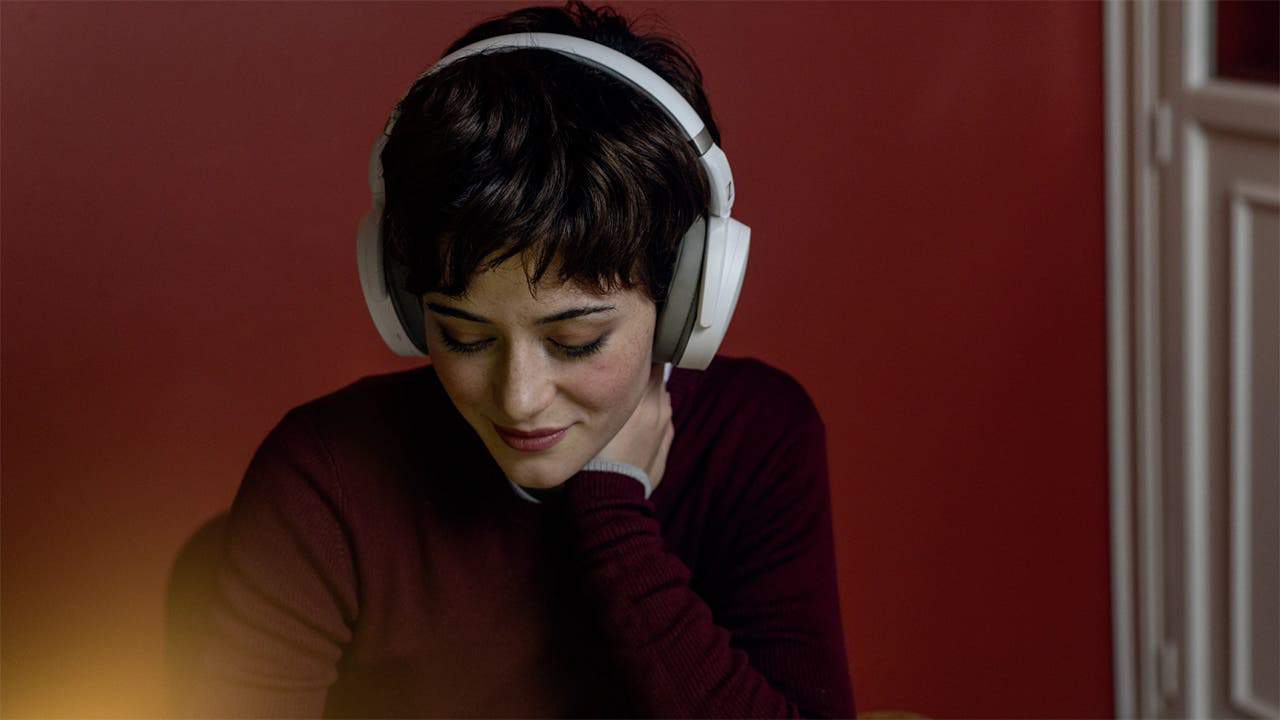It’s quite rare to find headphone jacks in smartphones these days. The good news is that wireless earbuds don’t cost much now. But it’s not just the driver setup and advanced tech that makes a pair of Bluetooth buds good. Bluetooth codecs also come into play.
Now, the thing about Bluetooth codecs is that they can be a bit complex to understand. After all, there are many technical terms that surround them. Well, this guide is here to make things easier to understand. So, if you’re looking to get your next Bluetooth headset, you would want to read till the end.
Some Pre-requisite Terms to Understand Before Delving Deep Into Bluetooth Codecs
At its core, a Bluetooth audio codec acts as a translator. It compresses audio data as it goes from the smartphone to the wireless earbuds. The ideal scenario involves a seamless transmission of high-fidelity audio without interruptions.
But before we delve deeper, let’s acquaint ourselves with some audio terms:
Sample rate (Hz)
It represents the frequency of audio sampling per second. You will often see this measurement in kHz.
Bit depth (-bit)
At the core, it is the number of bits in each audio sample. It represents the audio accuracy.
Bitrate (kbps)
The number of bits processed per unit of time. It is a crucial factor in audio quality.
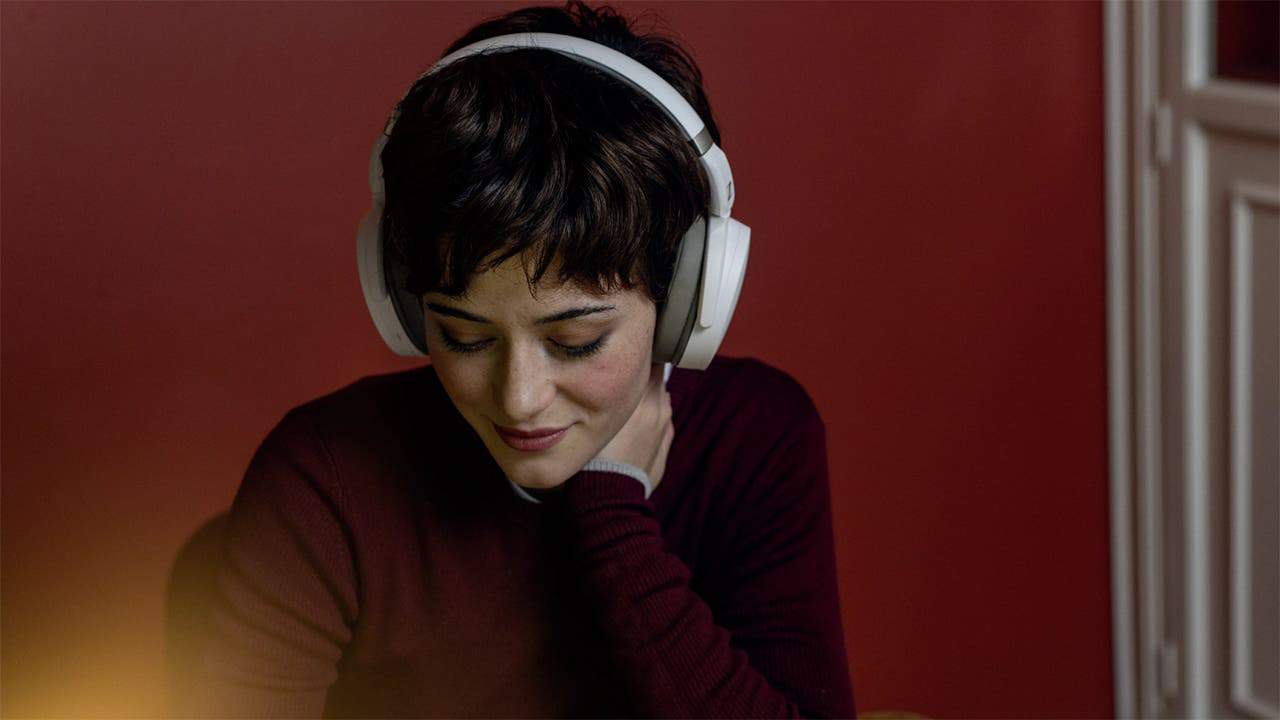
Taking a closer look into Bluetooth Codecs
Now that you have understood the preliminary terms and info, let’s dive into the diverse world of Bluetooth codecs:
SBC (Low-complexity sub-band codec)
It is a basic but universal codec. This codec supports all Bluetooth audio devices. It does not offer the pinnacle of audio quality. But its wide compatibility is one of the reasons why most of the earbuds have it.
Qualcomm aptX Suite
The Qualcomm suite has a list of proprietary codecs, including:
- aptX
- aptX Adaptive
- aptX Lossless
- aptX Low Latency
- aptX HD
These are known better for better audio quality and lower latency. Compared to SBC, aptX is sought after by most Android users. On that note, aptX Adaptive adjusts the bitrate for stability and optimal audio quality. So, you can say that it’s a better codec for wide applications.
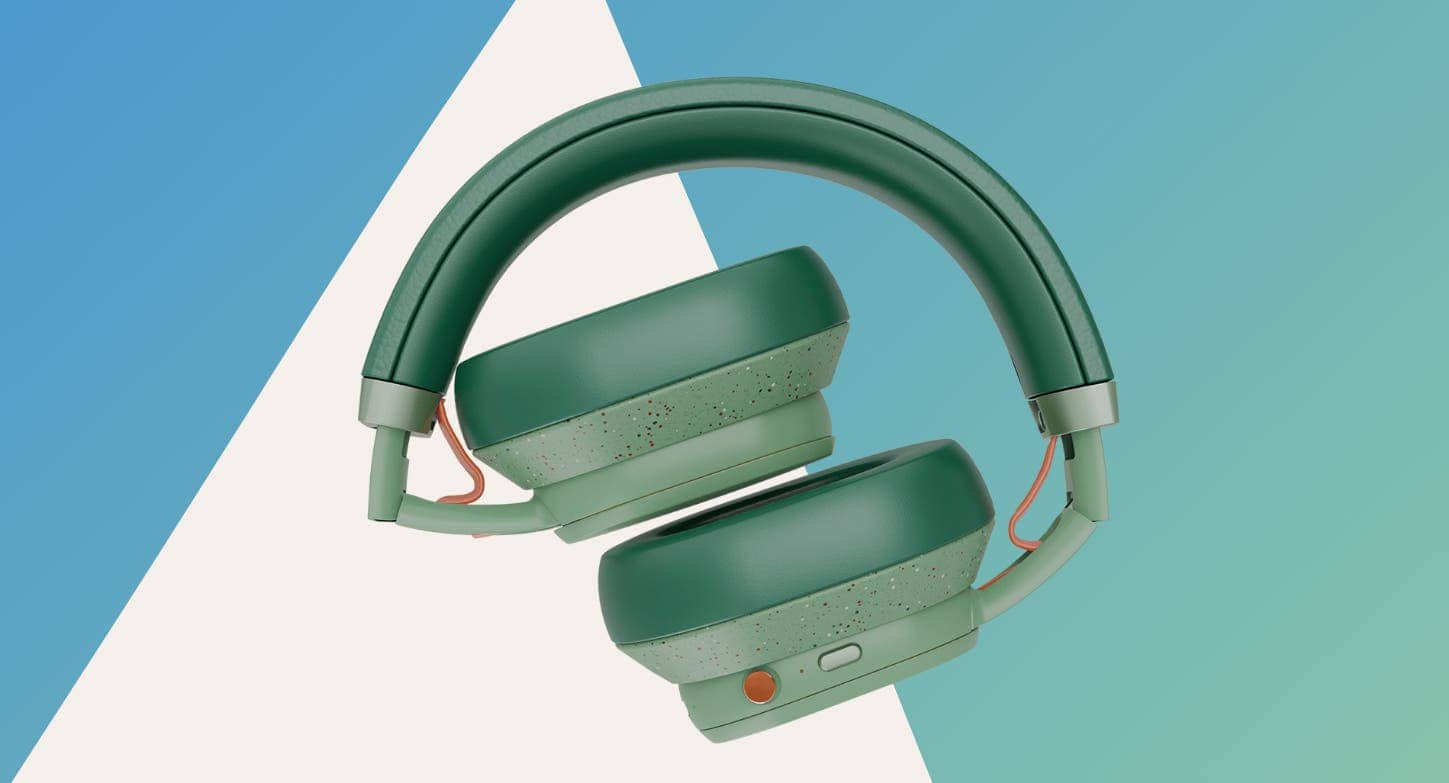
AAC (Advanced audio coding)
This codec is ideal for iPhone users. To be exact, AAC offers a balance of quality and compatibility. Android also supports AAC. But the results may vary due to inconsistent streaming quality.
Samsung Seamless Codec (SSC)
As the name suggests, this codec is exclusive to Samsung devices. The combability ranges from Samsung Galaxy Buds to some Samsung phones. But, in general, SSC offers variable bit-depth and sample rate improvements. You can say that it’s much like aptX Adaptive.
Gizchina News of the week
Sony LDAC
Among all, most of the high-end headphone manufacturers keep support for Sony LDAC. And there’s a good reason for that. This Bluetooth codec supports 24-bit/96kHz audio with variable bitrates. That said, LDAC isn’t just for high-end headphones. It has become more accessible, being present even in affordable earbuds.

HWA Alliance Codecs (LHDC, LHDC-V, and LLAC)
HAWA Alliance codecs come in both lossy and low-latency options. These codecs are comparable to LDAC. But there are some distinct features. For example, LHDC-V, introduced in 2022, elevates audio resolution to 24-bit/192kHz.
Bluetooth LE Audio LC3 Codec
This Bluetooth codec focuses a lot on efficiency and stability. To be precise, LC3 outperforms the traditional SBC. It’s also a scalable codec. The codec can adjust the bitrate for optimal connection stability.
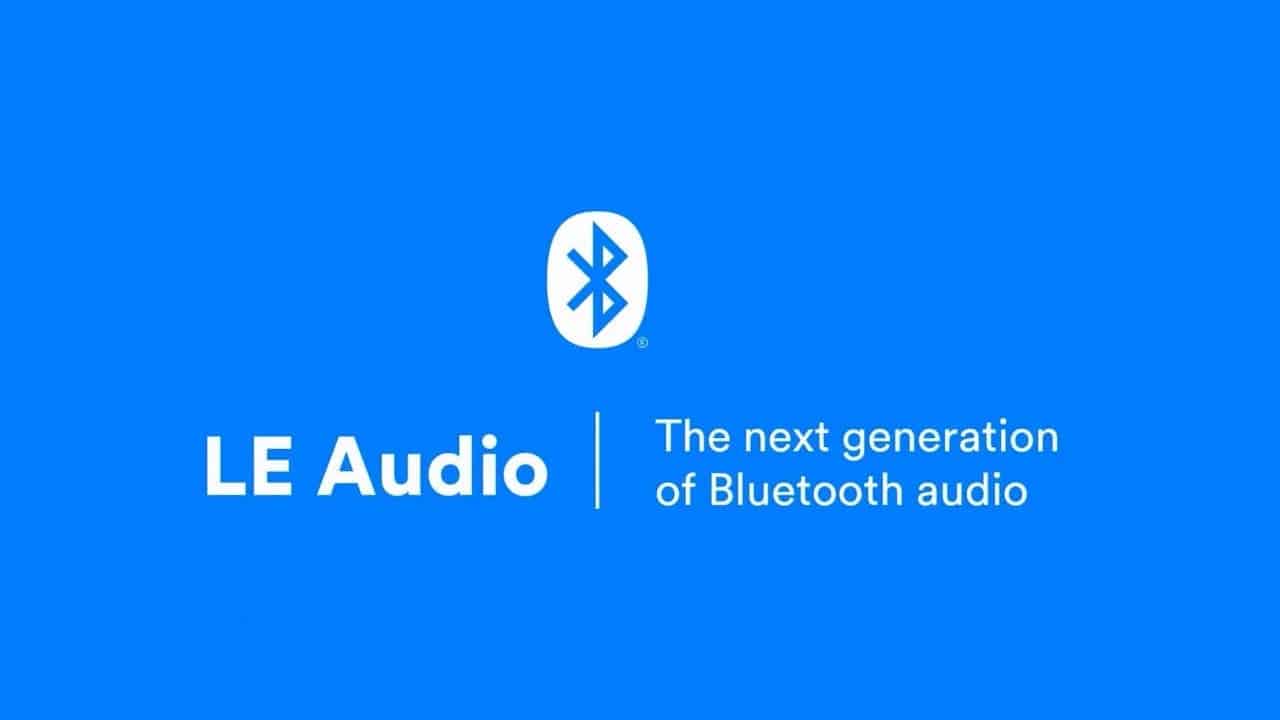
Codecs Also Need to Offer the Right Balance
While scrutinizing Bluetooth codec specs, bigger doesn’t always mean better. You need to consider the human hearing limitations and Bluetooth bandwidth constraints. These two make high bitrates a trade-off rather than a necessity.
Moreover, higher data transfer risks instability. This becomes quite evident in crowded areas with many wireless devices around. Striking a balance between quality and connection stability is key.
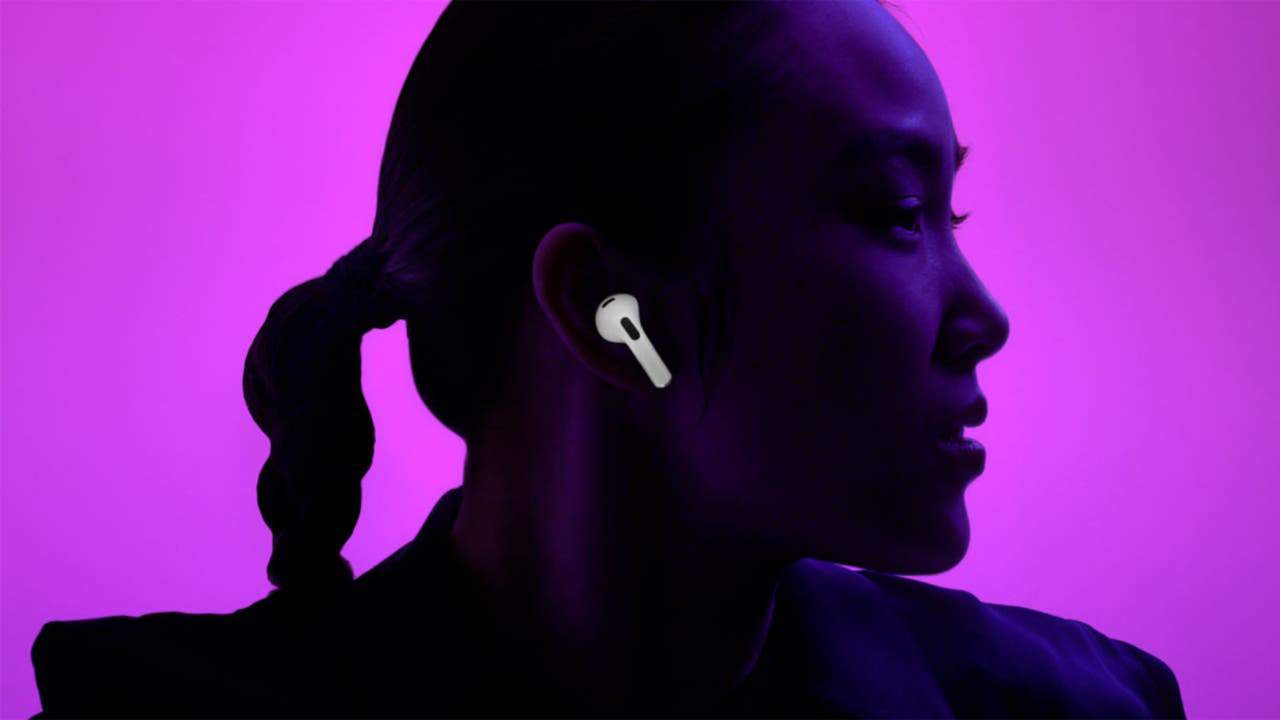
Another critical consideration for Bluetooth codecs is Bluetooth latency. It is the time it takes for audio signals to travel. Reduced latency is crucial for activities like gaming. The good news is that most of the recently launched wireless headphones have a dedicated low-latency mode.
Will Lossless Bluetooth Codecs Be Common in the Future?
While historical Bluetooth codecs are lossy, the landscape is evolving. Lossless Bluetooth audio has been becoming quite common.
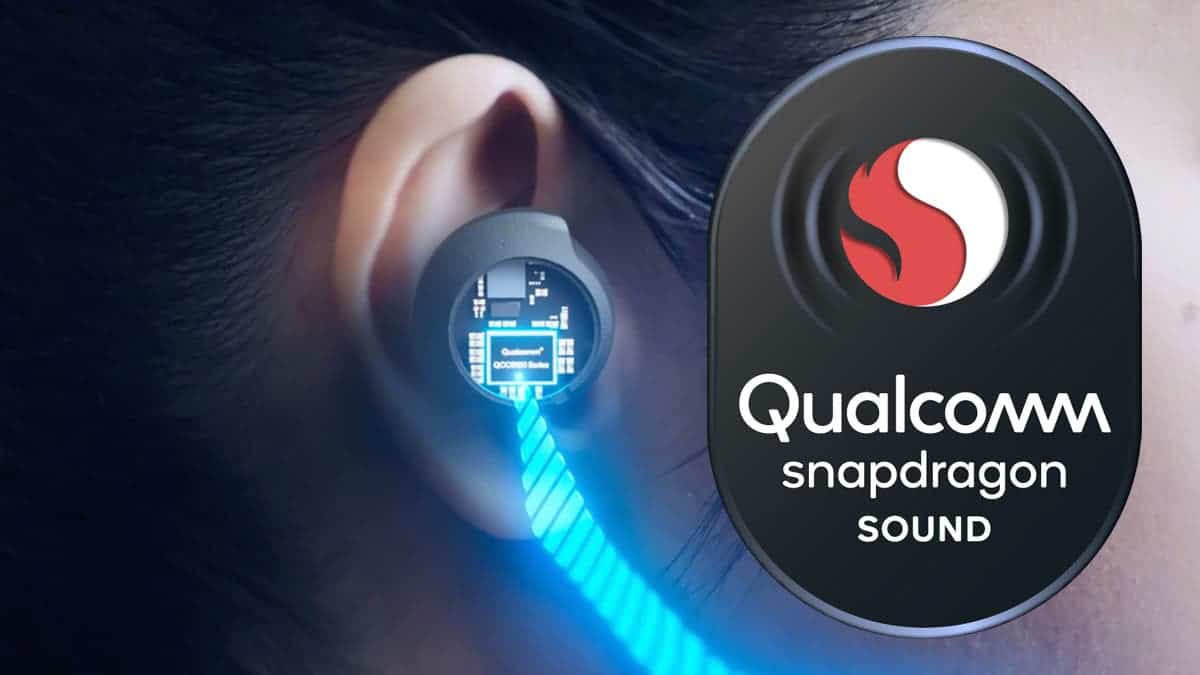
A lot of manufacturers are joining the Snapdragon Sound platform for lossless playback. With this, we will see most of the flagship phones having support for high-quality wireless playback. But it’s true that lossless Bluetooth is still in the early stages of its current state.
So, Which Bluetooth Codec Should You Choose?
So, which Bluetooth codecs should be on your priority list? Well, choosing the right one depends on your device and preferences. For Android users, aptX and LDAC offer top-notch performance. They should be your go-to option.
iPhone enthusiasts don’t really have an option. They can’t get anything other than AAC. But as explained earlier, AAC is better than the SBC. So, it’s not like you are stuck with an inferior Bluetooth audio codec.

